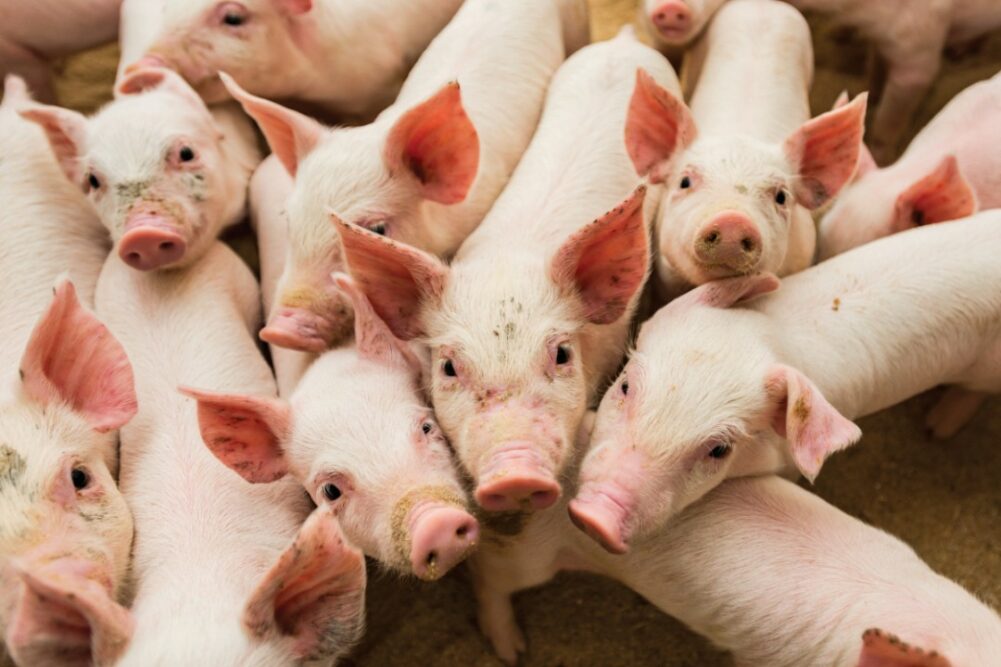UTRECHT, NETHERLANDS — Rabobank’s Global Pork Quarterly report for the first quarter of 2023 warned of volatile pork demand as a consequence of the global recession. Although pork, as a less expensive protein, will likely not be as affected by the slowing economy as other meats, it will still experience pressure.
“Trade is expected to increase modestly in Q1 2023, but it may find growth difficult to sustain through the year, given slow production in major exporting regions like the EU and US,” said Chenjun Pan, senior analyst, Animal Protein at Rabobank.
In 2022, pork imports increased across most markets, particularly those to Mexico, South Korea and the Philippines. China, however, saw import volume and hog prices decline significantly. In the coming year, tighter supply is predicted, leading to limited global pork trade.
Europe pork production fell by more than 5% last year from the previous year. In October 2022, production dropped by 10% in Germany, 9% in Poland, 5% in Denmark, 2% in Spain, 2% in France and 0.5% in the Netherlands.
The United States is forecasted to increase pork production slightly by 0.2% in 2023, the report said. Additionally, US pork exports will likely remain steady to China and Mexico, the latter of which imports 81% of its pork from the United States.
Rabobank predicts a small resurgence in trade later in the year as China reopens, giving access to the world’s largest pork market. At the same time, uncertainty looms as to how much China’s demand will rebound.
“While we hold a bearish view about short-term performance, we are bullish about demand rebound once the COVID wave settles at a later stage and business in ‘back to normal,’” Pan said. “There might be pent-up demand via foodservice channels, but there is also a big question mark as to how strong this demand surge could be, given the macroeconomic challenges. If there are no other unexpected disruptors, we expect hog prices to rebound strongly, likely in Q2.”
While countries in general will struggle to maintain consistent pork demand, Brazil is expected to continue increasing production and exports in 2023, following a year of growth in 2022.
Rabobank recommended stakeholders keep an eye on feed grain prices and herd health due to the spread of African swine fever in Asia and Europe, post-COVID pork demand in China and other macroeconomic conditions, as all these factors have the potential to influence pork performance globally.



